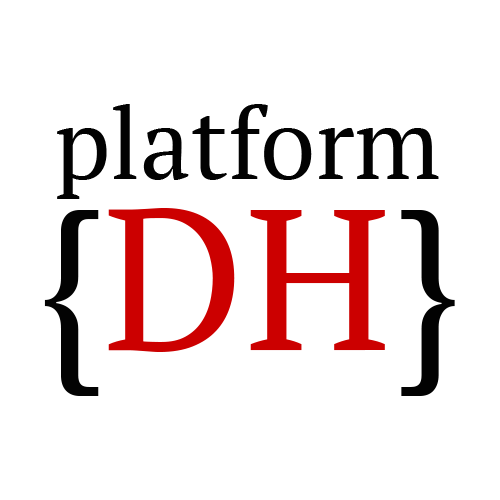Lecture Series: Jeroen De Gussem
S.R.218 Rodestraat 14 (via ingang Lange Winkelstraat), Antwerpen, Antwerpen, BelgiumThe Exalted Expert vs. The Exact Experiment: Authorship Attribution, Stylometry and Literary Theory.
In his lecture, Jeroen De Gussem confronts traditional methods of authorship attribution with more recent computational methods for determining the authorship of a text. He addresses a number of practical and theoretical issues. Take a so-called “stylome”, a collection of features in an authors’ personal language use which can be quantified as data and visualized in attractive figures. Can computational formalism (or perhaps computational stylistics) capture “style” by focusing on such a stylome? Where does computational stylistics succeed where traditional stylistics have failed, and vice versa? Are computational stylistics as “objective” (or “unsupervised”) as they purport to be, or do our results only reflect the answers we were hoping to find?







